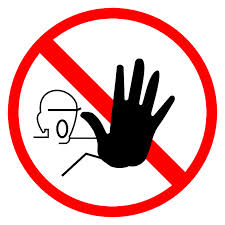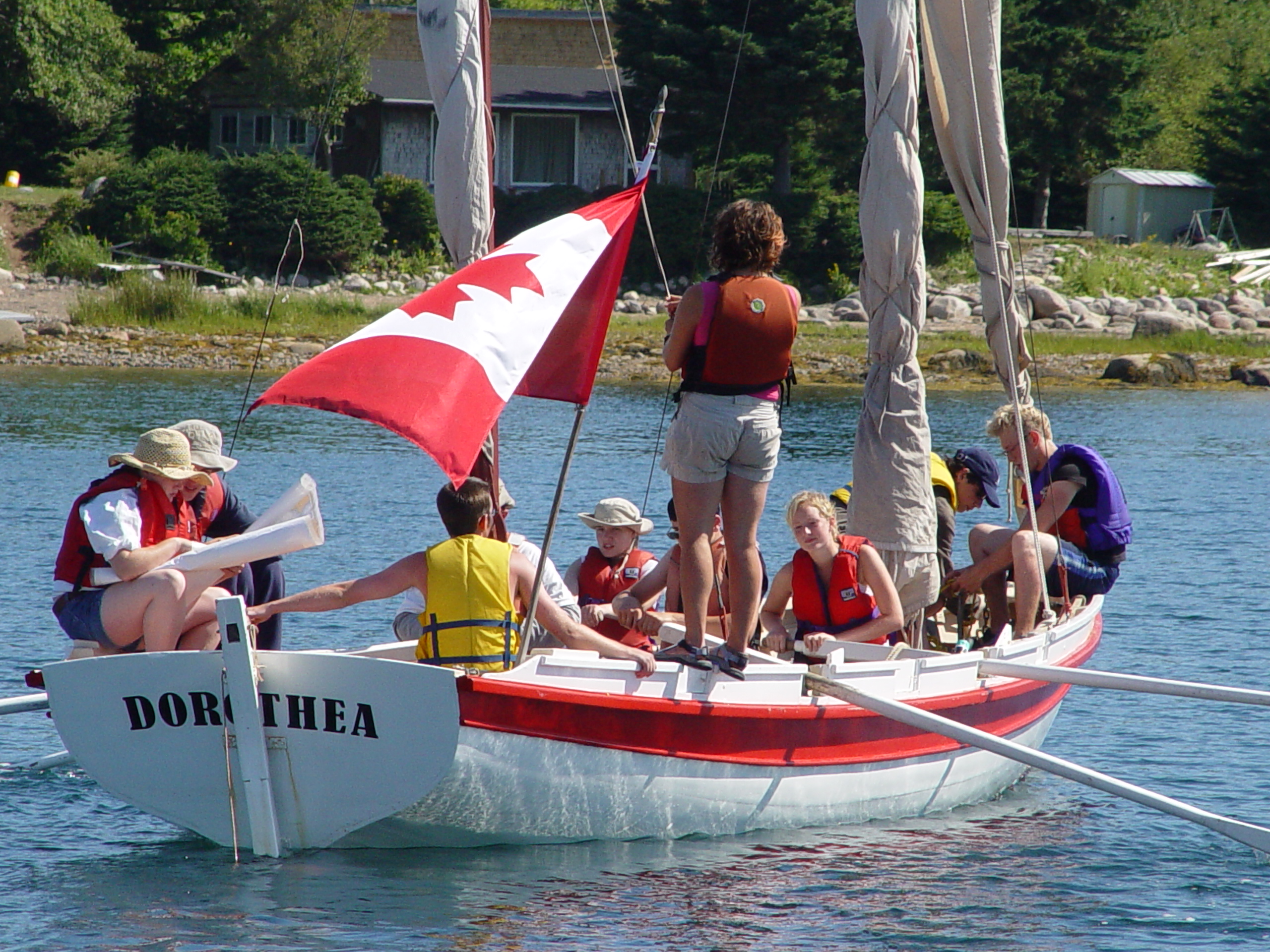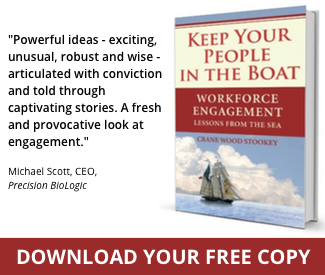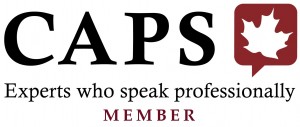Ji m Collins wrote a wonderful article about including with our To Do List a Stop Doing List. The Stop Doing List may in fact be the more important of the two. The To Do List is a powerful force in shaping our accomplishments, but Jim’s article inspired me to reflect that the list is just as powerful in limiting our accomplishments. When we set outcomes in advance, we are ruled by expectation and we rule out possibility.
m Collins wrote a wonderful article about including with our To Do List a Stop Doing List. The Stop Doing List may in fact be the more important of the two. The To Do List is a powerful force in shaping our accomplishments, but Jim’s article inspired me to reflect that the list is just as powerful in limiting our accomplishments. When we set outcomes in advance, we are ruled by expectation and we rule out possibility.
As leaders and teachers, we are usually expected to establish clear outcomes and demonstrate that we have met them. But if leadership is creating conditions that allow others to grow and prosper, then outcomes may not be that helpful.
This lesson was brought home to me in a painful way near the middle of a Nova Scotia Sea School voyage when the teenage crew was starting to get good at handling the boat. Two boys, Peter and Jay, were in command for the day. They were both veterans of other voyages and I expected them to accomplish big things.
 Coming into a narrow, tricky harbour entrance, they decided to make a cautious approach, organizing the crew to take down the sails and get out the oars to row in. But I thought they should be up to sailing in, tricky though it was, and I interrupted. “Wait a minute. You’re not sailing in?” Peter and Jay were thrown off balance, their clarity shaken. I backed down and said, “No, I’m sorry, you do what you think best.” But it was too late. They got us safely into the harbour, but their accomplishment was overshadowed by my question.
Coming into a narrow, tricky harbour entrance, they decided to make a cautious approach, organizing the crew to take down the sails and get out the oars to row in. But I thought they should be up to sailing in, tricky though it was, and I interrupted. “Wait a minute. You’re not sailing in?” Peter and Jay were thrown off balance, their clarity shaken. I backed down and said, “No, I’m sorry, you do what you think best.” But it was too late. They got us safely into the harbour, but their accomplishment was overshadowed by my question.
I can not know what might have happened if I had shut up. They might have rowed in and realized for themselves that they could have chosen the more challenging option of sailing in. This might have led them to reflect on what holds them back in their lives, and to connect with their longing to be more bold. Or the confidence they got from rowing in safely, competently, responsibly, might have been what they needed, to feel they could sail in next time someplace else. Or they might have known they could sail in but discovered that rowing was the right choice for them. Perhaps they were cautious by nature, and they felt good about that.
I stole from them all these possibilities with my expectation. Their chance to command under pressure might have let them see all kinds of things about themselves more clearly, which was the most important outcome, but I directed them to see only one outcome, which they failed to meet.
Effective command allows people to grow and prosper on their own terms. We need to be ready for this to happen in unexpected ways, and not check off other people’s experience on our own To Do List.
This is why one of the key guidelines for Sea School instructors, that works just as well for any leader who wants to bring out the best in others, is this: “Tell yourself to shut up.”
To speak with Crane about support for your organization’s performance development, or for personal performance coaching, please call him at (902) 240-5904, or complete Contact Form in Sidebar.


